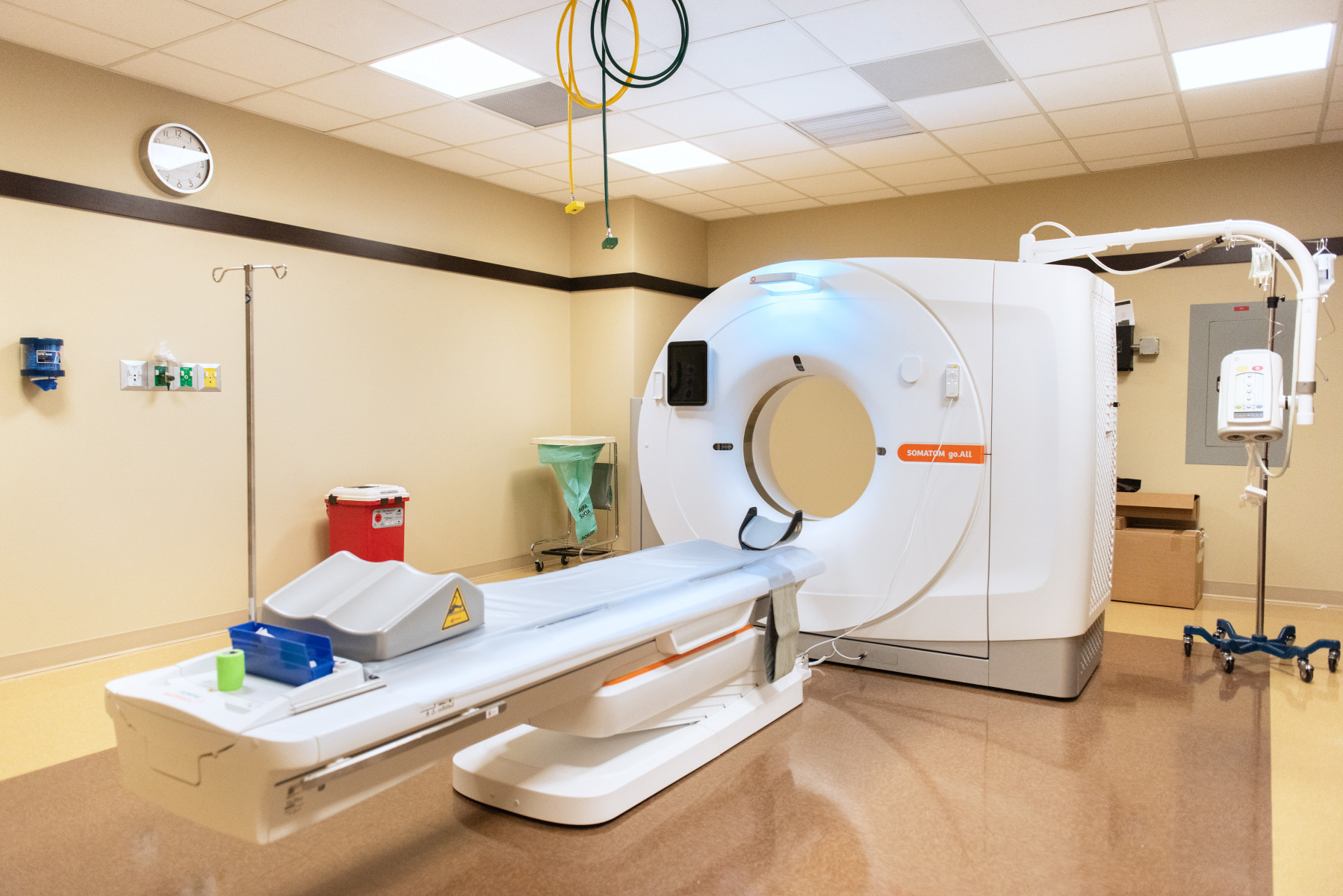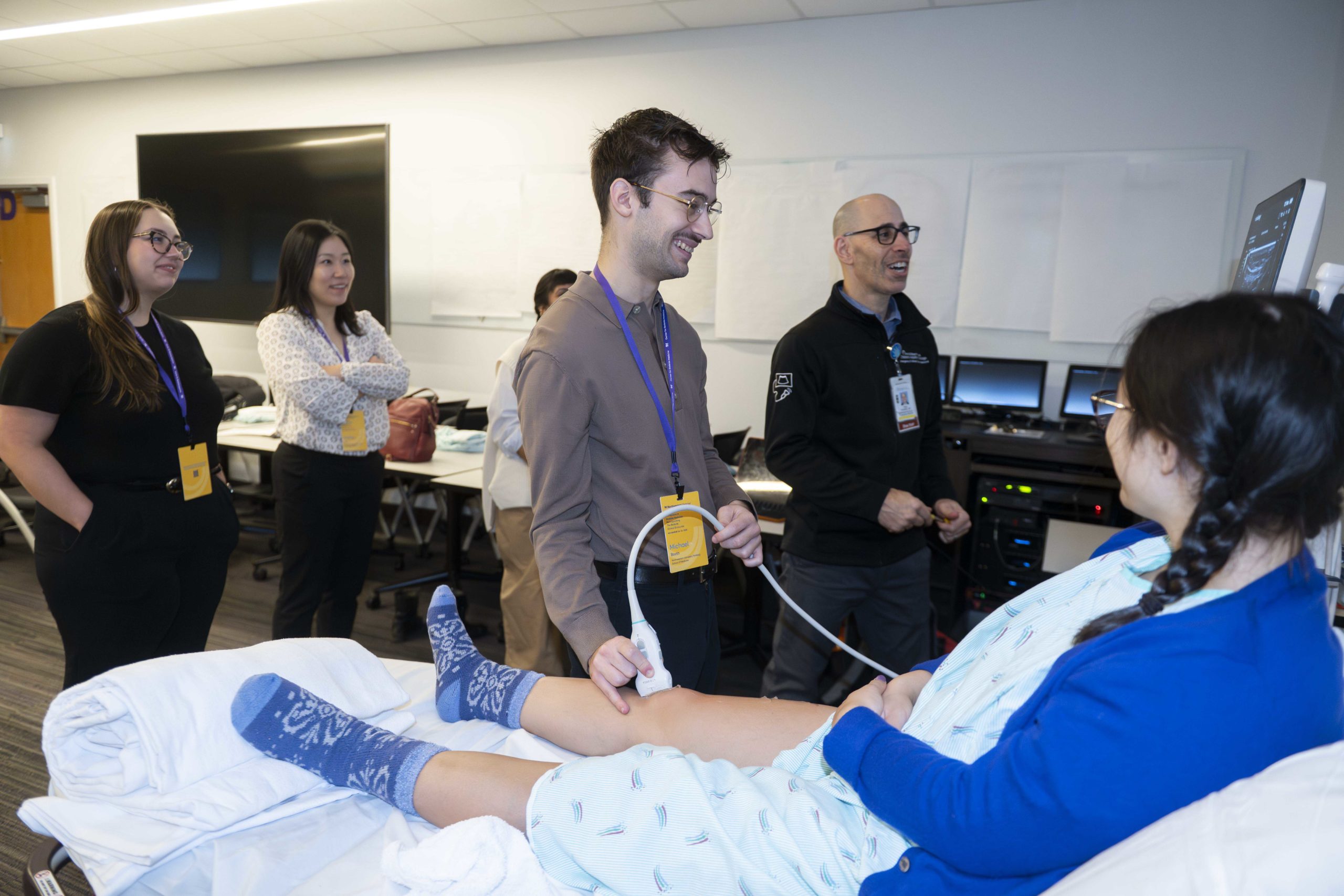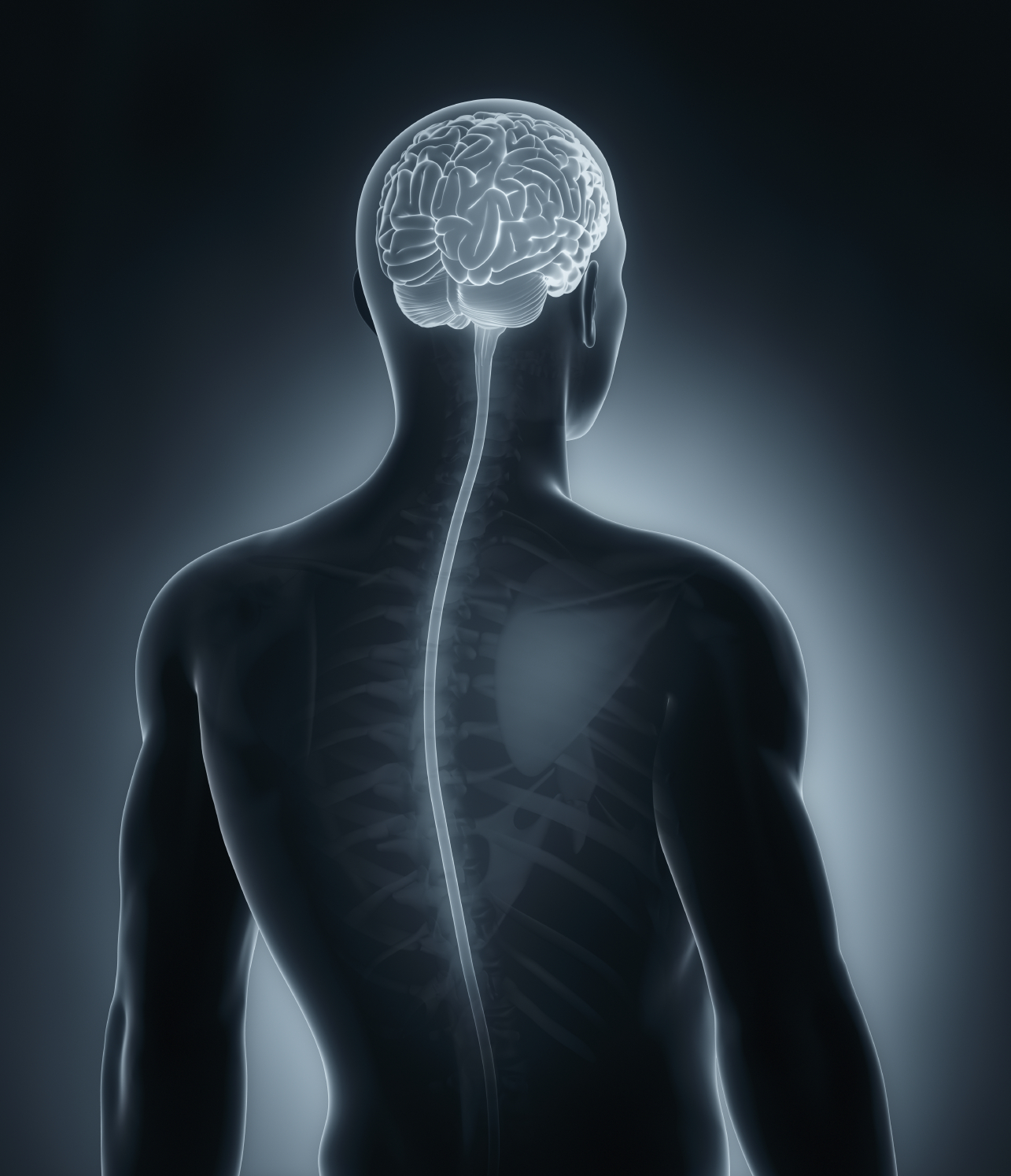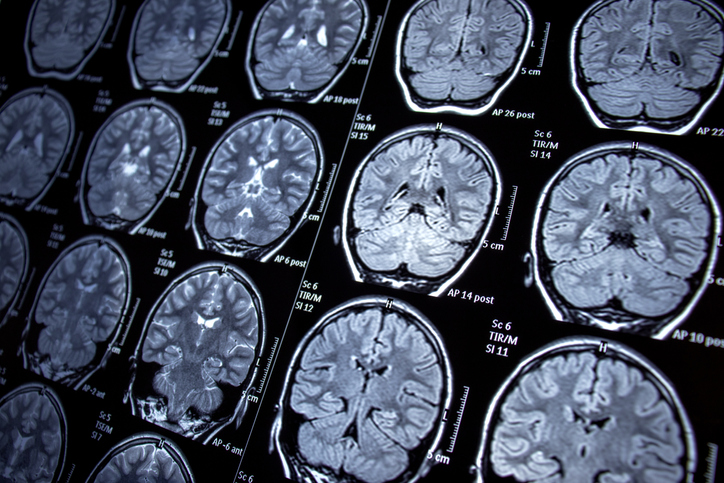-

Hormone Therapy Does Not Increase Cardiovascular Disease Risk in Younger Postmenopausal Women
While menopausal hormone therapy increased cardiovascular disease risk in postmenopausal women older than 70 years with vasomotor symptoms, hormone therapy did not significantly affect cardiovascular disease risk in younger postmenopausal women, according to a recent study published in JAMA Internal Medicine.
-

Exploring the Link Between RNA Modification and Prostate Cancer Growth
A Northwestern Medicine study published in the Journal of Clinical Investigation has uncovered a connection between a well-known cancer-related protein and a major RNA modification process, which may inform new treatment strategies against prostate cancer.
-

Comparing COVID-19 Vaccines
A recent study has provided the first side-by-side comparison of how three major COVID-19 vaccine types differ in triggering immune responses and sustaining protection.
-

Mechanisms of Antibody Production May Help Improve Vaccines
Northwestern scientists have discovered how IgA antibodies are produced through unexpected cellular pathways, findings that may help inform the design of more effective vaccines to prevent infections, according to a recent study.
-

Study Finds Uneven Burden of Brain and Nervous System Cancers in the US
A new nationwide study has revealed striking differences in how brain and nervous system cancers affect Americans depending on where they live, as well as their age, sex and socioeconomic status, according to the study published in JAMA Neurology.
-

Global Health Day Celebrates Research and International Collaboration
Northwestern students, faculty, staff and community partners shared and recognized global health research, education and outreach at the Robert J. Havey, MD Institute for Global Health’s 14th annual Global Health Day on November 19.
-

New Study Shows Lung Cancer Surveillance in the United States Misses Most Patients; Northwestern Medicine Investigators Urge Universal Age-based Screening
In a new study of nearly 1,000 consecutive patients treated for lung cancer at Northwestern Medicine, investigators discovered only 35 percent would have qualified for screening according to the U.S. Preventive Services Task Force (USPSTF) screening criteria.
-

Genetic Mechanisms Promote Antimicrobial Resistance in Gonorrhea
Northwestern Medicine scientists have identified previously unknown genetic mechanisms that promote antimicrobial resistance in gonorrhea, findings that may inform the development of more effective treatment strategies, according to a recent study published in PLoS Pathogens.
-

Medical and MPH Students Present Research at Poster Session
Feinberg recently hosted a joint poster session for second-year medical students and students in the Master of Public Health program, bringing together 120 MD and MPH students who presented projects spanning public health, clinical medicine, basic science and health equity.
-

Feinberg Hosts Inaugural Conference in Bedside Medicine
Physicians, educators and trainees from around the world convened at Feinberg’s inaugural Conference in Bedside Medicine, a two-day event designed to revive and celebrate the timeless yet evolving practice of bedside care.
-

Feinberg Art Fair Highlights Creative Talents
Medical students, trainees, faculty and staff gathered on November 17 to recognize and celebrate the creative talents of the Feinberg community at the Feinberg Art Fair, now in its second year.
-

How a Cellular ‘Engine’ Controls Building Blocks of DNA
Northwestern Medicine scientists have uncovered a surprising link between a tiny cellular engine and the way cancer cells build the DNA they need to proliferate, according to a new study published in Molecular Cell.
-

New Study Could Help Your Doctor Make Smarter Treatment Decisions
By presenting just the “sweet spot” of treatment alternatives in an electronic health record system, physicians were more likely to choose a high-quality alternative, according to a recent study.
-

Aortic Valve Replacements and Surgery Show Similar Long-Term Survival Rates
Patients with severe aortic stenosis who had a transcatheter aortic valve replacement procedure demonstrated similar seven-year survival outcomes compared to patients who had traditional surgery, according to a recent study published in The New England Journal of Medicine.
-

Twelve Feinberg Investigators Named to 2025 Highly Cited List
Twelve Feinberg faculty members were named to the 2025 “Highly Cited Researchers” list, published by Clarivate Analytics. The annual list identifies investigators who have demonstrated significant influence in their field through the publication of highly cited publications over the preceding eleven years.
-

Novel Imaging Approach May Improve Treatment for Spinal Cord Injuries
Northwestern Medicine investigators have developed a new imaging approach to more accurately assess blood flow in the spinal cord, a method that could be used to better inform treatment for neurological diseases and injuries, as described in a recent study published in Scientific Reports.
-

Preventing Lung Disease in Preterm Babies
A multicenter clinical trial found that intratracheal steroids do not reduce the risk of lung disease or death in extremely preterm infants, according to the study published in JAMA.
-

Six Strategies to Reinvigorate the Doctor-Patient Bedside Encounter
A new report published in NEJM provides practical strategies to reinvigorate a waning culture of bedside medicine, giving clinicians and medical educators guidance on how to better teach and practice essential clinical skills.
-

Genetic Testing Trifecta Predicts Risk of Sudden Cardiac Death and Arrhythmia
Scientists have developed a more precise genetic risk score to determine whether a person is likely to develop arrhythmia, which can lead to serious conditions such as atrial fibrillation or sudden cardiac death.
-

Predicting Risk of Sudden Death in Epilepsy
An international team of scientists has identified critical risk factors that could help predict sudden unexpected death in epilepsy, according to a study published in The Lancet.
